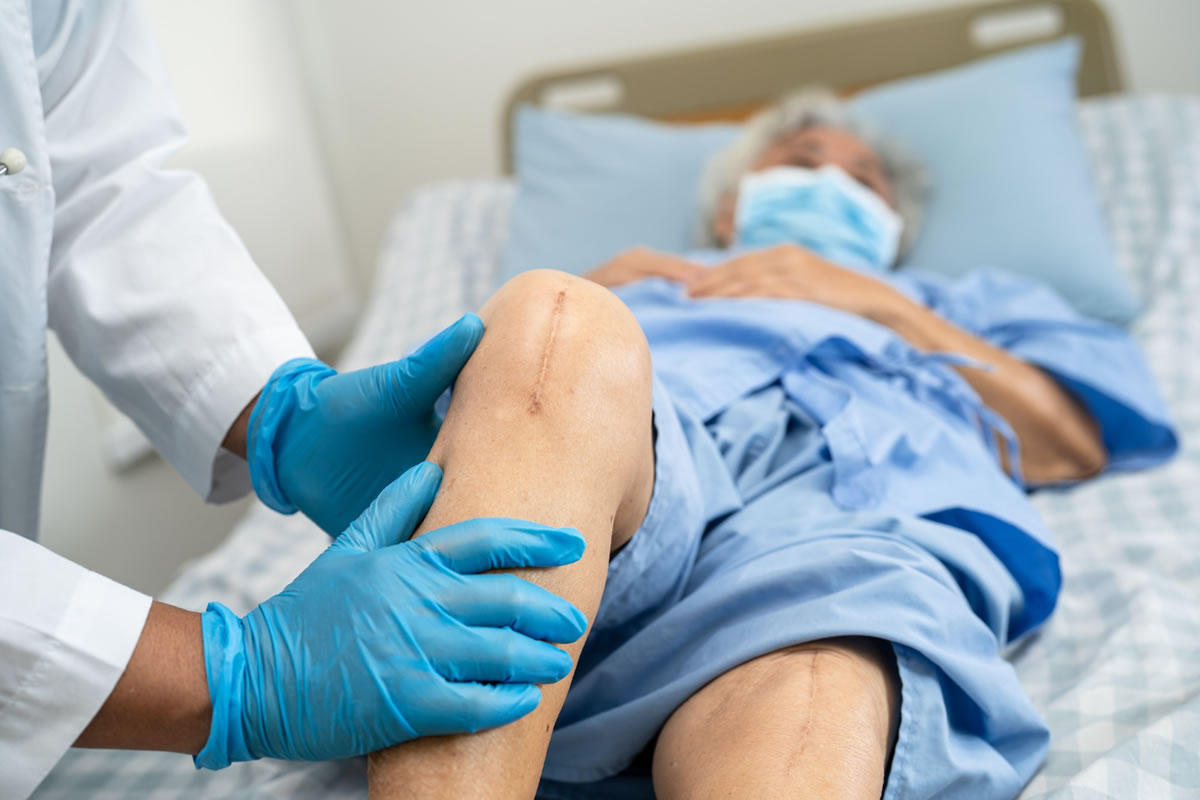
Undergoing joint replacement surgery can be overwhelming, and the recovery period might be lengthy depending on which joint is being replaced. As an orthopedic surgeon in Lake Mary, we have performed this surgery many times, and we always require our patients to get prepared before it starts. These are a few things you need to do to prepare for a joint replacement surgery.
Lifestyle and Body Preparation
- Establish a healthy and balanced diet. It will also aid in recovery.
- Get your body weight down to a healthy level, especially if you're overweight.
- Exercise as much as your health allows and guide your orthopedic surgeon to support good blood flow and nutrient delivery.
- Make an effort to lower your blood pressure and cholesterol to healthy levels.
- Strengthen the area around the joint, making post-surgery rehabilitation more likely to succeed in less time.
- Quit smoking and reduce, if not eliminate, your alcohol usage.
Limit the Risk of Infection
To limit the risk of infection following surgery, take the following precautions:
- Before surgery, any medical disorders, such as urinary infections or gastrointestinal difficulties, should be treated.
- Treat any dental or gum pain or infection well ahead of your procedure.
- Notify your orthopedic surgeon if you have any infections and get them treated, especially skin infections, before surgery.
Follow Doctor’s Orders
In addition, ensure that you follow your orthopedic surgeon's directions for immediate preparation. This could entail avoiding eating or drinking for 12 hours before the surgery and any further questions based on your specific surgery and individual needs.
Prepare Your Home
Plans for patient recovery after being discharged from the hospital should be made in advance.
- Make sure that frequently used products are easily accessible.
- Ensure no tripping risks in your home, such as loose carpets or electrical lines.
- Arrange for someone to accompany you home or perhaps to check in on you once you are discharged.
- Arrange for someone to assist you with daily household activities such as shopping, cooking, cleaning, and laundry.
- If you're having hip or knee surgery, make sure you're sitting in a strong chair with two arms and a firm back and that your hips aren't lower than your knees.
- You may also need equipment like a toilet seat raiser and a shower chair.
Day of Surgery
Usually, you will be admitted to the hospital a day before your surgery. You will answer a series of questions, and you will be requested to fill out paperwork. You must bring your scans, x-rays, and other test findings. An anesthetist will go over your medical history and any problems you've had with previous anesthetics. A nurse will assist you in preparing for your surgery and will also accompany you to the operation theatre.
After Surgery
After a daytime operation, you'll be ready to go home when you fully recover from the anesthesia and have something to eat and drink. You will need someone to accompany and drive you home and stay with you for 24 hours. After general anesthesia, you must not drive for at least 24 hours.
These are a few things you should to do prepare for your joint replacement surgery. If you think you are a candidate for surgery, contact our orthopedic surgeon in Lake Mary to schedule your consultation today.